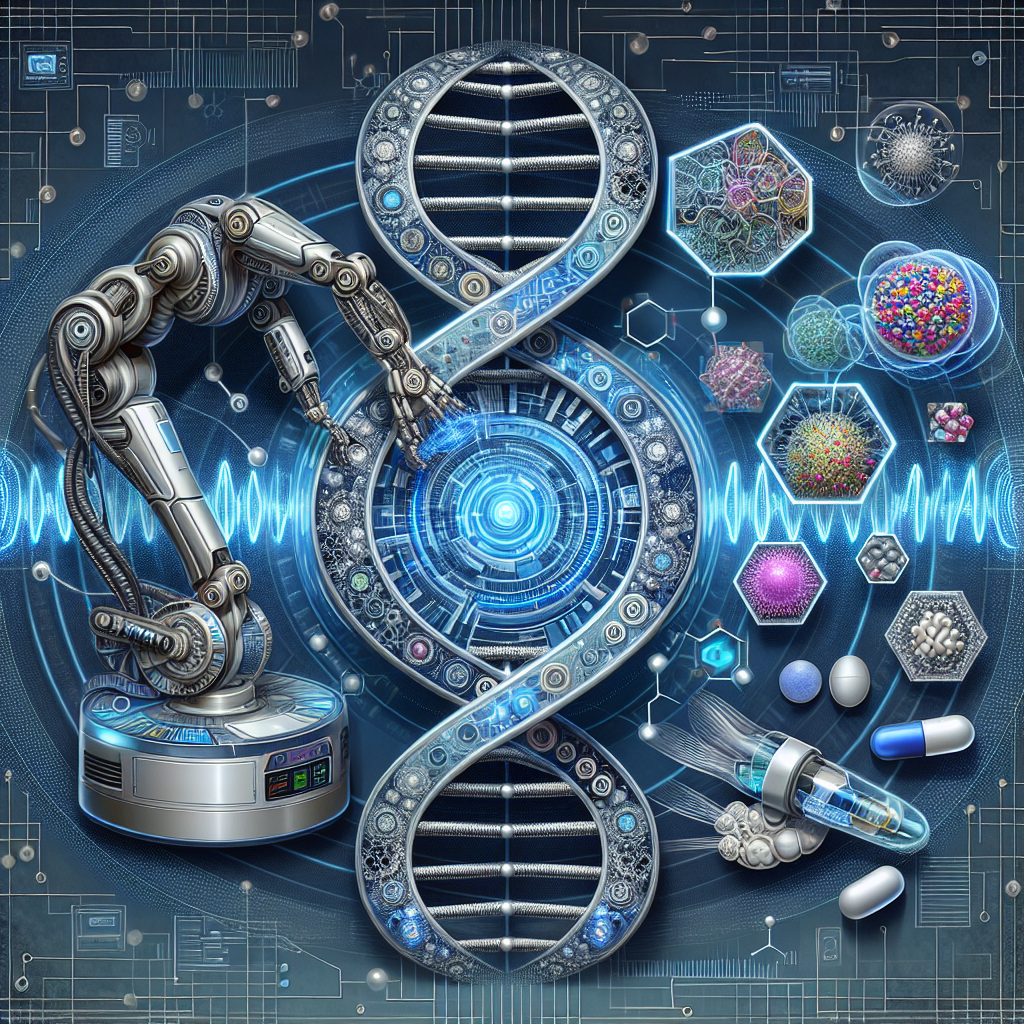Artificial General Intelligence (AGI) is a rapidly evolving technology that has the potential to revolutionize the healthcare industry. By leveraging the power of AGI, healthcare providers can improve the accuracy and efficiency of diagnosis and treatment, leading to better outcomes for patients. In this article, we will explore how AGI is transforming the way we diagnose and treat patients in healthcare.
AGI in Healthcare: A Game-Changer
AGI refers to a type of artificial intelligence that has the ability to perform any intellectual task that a human can do. This includes tasks such as problem-solving, reasoning, and learning. In the healthcare industry, AGI has the potential to significantly impact the way we diagnose and treat patients.
One of the key benefits of AGI in healthcare is its ability to analyze vast amounts of data quickly and accurately. This means that healthcare providers can access insights and information that may have previously been overlooked. For example, AGI can help identify patterns in patient data that may indicate a particular condition or disease. This can lead to earlier diagnosis and more effective treatment.
Another advantage of AGI in healthcare is its ability to personalize treatment plans for individual patients. By analyzing a patient’s genetic makeup, medical history, and lifestyle factors, AGI can help healthcare providers develop customized treatment plans that are tailored to the specific needs of each patient. This can lead to more effective treatment outcomes and improved patient satisfaction.
AGI can also assist healthcare providers in making more accurate diagnoses. By analyzing medical images, lab results, and other diagnostic data, AGI can help identify potential issues that may have been missed by human healthcare providers. This can lead to earlier detection of diseases and conditions, which can improve patient outcomes and reduce healthcare costs.
Overall, AGI has the potential to transform the way we diagnose and treat patients in healthcare. By leveraging the power of AGI, healthcare providers can improve the accuracy and efficiency of diagnosis and treatment, leading to better outcomes for patients.
FAQs
Q: How does AGI differ from other forms of artificial intelligence?
A: AGI is unique in that it has the ability to perform any intellectual task that a human can do. This sets it apart from other forms of artificial intelligence, which are typically designed to perform specific tasks or functions.
Q: How can AGI improve the accuracy of diagnosis in healthcare?
A: AGI can analyze vast amounts of data quickly and accurately, allowing healthcare providers to access insights and information that may have previously been overlooked. This can lead to more accurate diagnoses and earlier detection of diseases and conditions.
Q: Can AGI help personalize treatment plans for individual patients?
A: Yes, AGI can analyze a patient’s genetic makeup, medical history, and lifestyle factors to help healthcare providers develop customized treatment plans that are tailored to the specific needs of each patient. This can lead to more effective treatment outcomes and improved patient satisfaction.
Q: How can AGI assist in making more accurate diagnoses?
A: By analyzing medical images, lab results, and other diagnostic data, AGI can help identify potential issues that may have been missed by human healthcare providers. This can lead to earlier detection of diseases and conditions, which can improve patient outcomes and reduce healthcare costs.
In conclusion, AGI is a game-changer in the healthcare industry. By leveraging the power of AGI, healthcare providers can improve the accuracy and efficiency of diagnosis and treatment, leading to better outcomes for patients. As AGI continues to evolve, we can expect to see even more advancements in healthcare that will benefit patients and providers alike.

